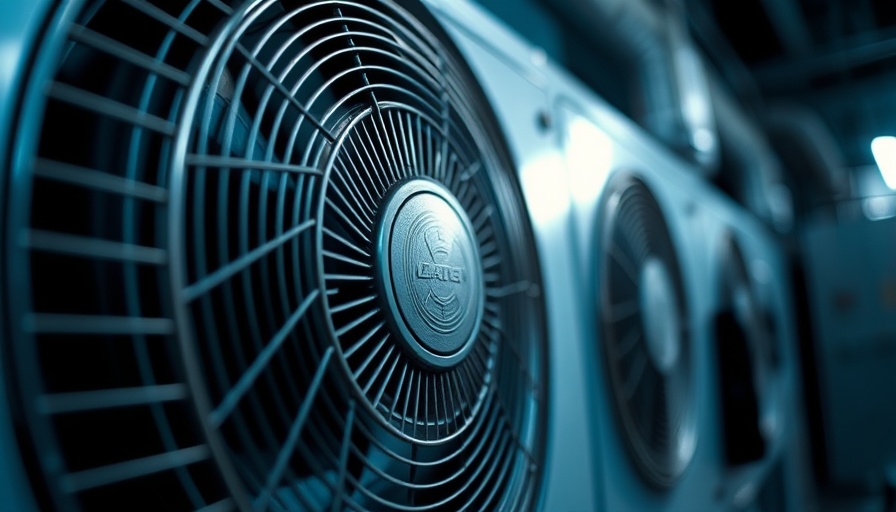
Understanding Today’s HVACR Trends Through Trade Shows
As the 2025 trade show season comes to a close, significant insights have emerged from key events within the HVACR industry, including prominent gatherings like AHR Expo 2025 and the ACCA Conference & Expo. These venues served as a melting pot for contractors, educators, and industry leaders, sharing pivotal discussions about the future of HVACR systems.
All-Climate Readiness: A New Standard
A central theme resonated throughout the trade shows: all-climate readiness has transitioned from a luxury to a fundamental expectation. As homeowners and building managers across varied climates demand more reliable heating and cooling solutions, the focus on performance in extreme temperatures is intensifying. The increasing emphasis on heat pumps highlights the need for systems capable of efficient performance in both freezing winters and scorching summers.
Midea’s EVOX All Climate Heat Pump illustrates this demand, boasting remarkable specifications for heating at -15°F and cooling at 117°F. These capabilities show the commitment of HVAC manufacturers to meet consumer demands for year-round climate control, a testament to the evolution of heating and cooling solutions.
Addressing Workforce Challenges with Simplified Solutions
The ongoing labor shortages within the HVACR sector compel manufacturers to rethink their product offerings. Contractors express a clear need for systems that simplify installation and training processes. With shrinking workforce numbers, the ease of installation has become a top priority, where products like Midea’s EVOX G3 system serve as a solution. With its innovative design allowing for various installations without significant modifications, it streamlines operations while addressing immediate contractor needs.
This focus on ease-of-use not only aids contractors but also enhances the overall customer experience, creating a win-win scenario between homeowners and HVAC service providers. A more straightforward installation approach fosters quicker turnaround times, alleviating pressure on contractors experiencing labor shortages.
The Economic Impact of Evolving HVACR Practices
As the conversation around HVAC systems progresses and emphasizes efficiency and training, there is a broader economic aspect to consider. Owners of existing systems are increasingly evaluating their heating and cooling solutions for cost-effectiveness in terms of energy efficiency and performance reliability. Midea's innovations, including advancements in refrigerants and inverter-driven technology, position the company favorably to respond to these evolving demands.
Conclusion: The Future of HVACR
As the HVACR industry navigates through labor challenges and escalating customer expectations, trade shows play a crucial role in highlighting trends and creating dialogues among stakeholders. Homeowners in Houston, and beyond, should stay informed about these industry shifts to make educated decisions about their HVAC systems. The push towards all-climate readiness and simplified installations is not just a trend; it reflects a transformational period in the heating and cooling space.
 Add Row
Add Row  Add
Add 

 Add Row
Add Row  Add Element
Add Element 




Write A Comment